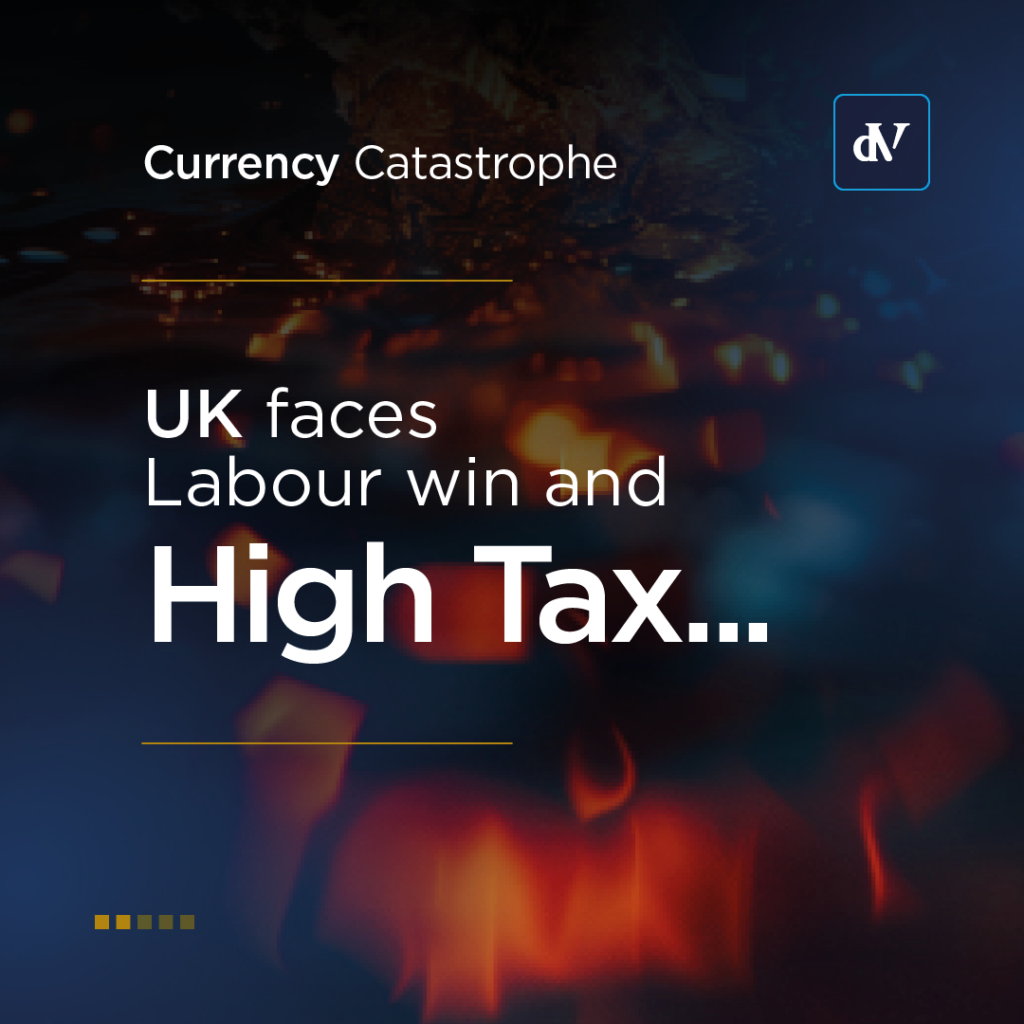|
Getting your Trinity Audio player ready...
|
Films, when done well, can be one of the best ways to engage people with information. They make us laugh, cry, but, most importantly, they make us think.
When it comes to finance, some of Hollywood’s biggest hits are also some of the most enlightening. Films like ‘The Big Short’, ‘Wall Street’, and ‘The Wolf of Wall Street’ tackle complex financial themes and practices.
But how accurate are these portrayals, and more importantly, what can they teach us about the world of finance? In roughly the next 5 minutes, we’re going to explore just that.
The film revolves around a handful of individuals who foresaw the crisis and bet against the U.S. mortgage market. Here, we’re introduced to concepts like mortgage-backed securities and collateralised debt obligations (CDOs). In essence, these are financial products that bundle individual loans together and sell them as a package to investors.
But, as the film suggests, not all loans in these bundles were as reliable as they seemed. Many were “subprime” or risky, and when borrowers started defaulting on these loans, the securities’ value plummeted. The domino effect this triggered across financial markets led to the crisis we now know all too well.
What the ‘Big Short’ does brilliantly is break down these complicated ideas into digestible bits. You don’t need a degree in finance to understand the root of the crisis. And that’s the first key lesson here – financial literacy isn’t just for the experts. It’s for anyone with a bank account, a credit card, or a pension. Understanding how these financial tools work, and how they can both help and hinder, is vital.
In terms of accuracy, the film does a great job. It simplifies without oversimplifying. The nitty-gritty of these financial products is indeed complex, but the overall concept, as the film shows, can be understood broadly by everyone.
So, what financial lessons can we take for ourselves? For starters, it presents us with the concept of insider trading – using non-public, material information about a company to make investment decisions. And while Gekko may make it look slick, it’s very much illegal and ethically dubious. It creates an uneven playing field, where some have an unfair advantage, which goes against the principles of transparency and fairness that the financial markets are built on.
As a viewer and a student of finance, we suggest you let ‘Wall Street’ be a lesson in how not to act. Take its portrayal as an example of the extremes, but don’t let it cloud your view of the finance world as a whole. After all, the world of finance isn’t just about making money, it’s also about making responsible decisions that benefit everyone involved.
Last but certainly not least, we have ‘The Wolf of Wall Street’. Out of the three, you’re most likely to have seen this one, which tells the true story of Jordan Belfort, a penny stockbroker who made a fortune through a pump-and-dump scheme.
Regarding accuracy, the film does an excellent job of showcasing the high-risk, high-reward nature of penny stocks and the lack of regulation in this area during the time Belfort was operating. However, it’s important to remember that today’s financial markets are much more heavily regulated, with stringent checks and balances in place to protect investors.
It is important to stay secure while using the internet. It has been reported that external entities falsely represent themselves as providing financial services for deVere Investment and may use the names of current employees when attempting to carry out fraudulent activities.
Report fraud by emailing [email protected].
© 2010 – 2024 deVere Group. All rights reserved.



